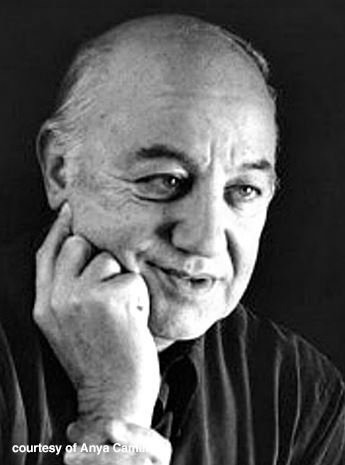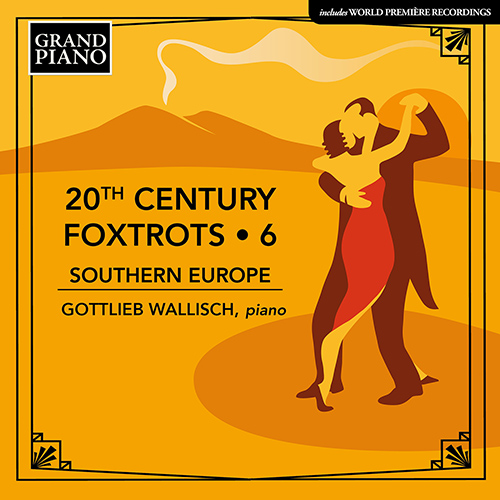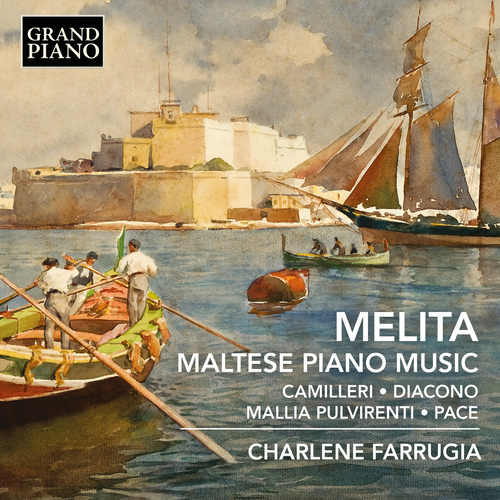
Charles Camilleri (1931 - 2009)
Charles Camilleri was born in Hamrun, Malta, in 1931. He showed early promise as an accordionist and pianist and started composing at the age of eleven. By the end of his teens he had written a number of compositions inspired by Maltese traditional music and, particularly, by the local style of folk singing known as għana. When Camilleri was eighteen, he emigrated to Australia and eventually moved to London where he earned his living as a successful light-music arranger, performer, composer and conductor, assisting Sir Malcolm Arnold on the Oscar-winning soundtrack of The Bridge on the River Kwai. In 1958 Camilleri left London for New York and then Canada, where he studied composition whilst working as resident conductor for the Canadian Broadcasting Corporation. He would eventually describe these “electrifying” years as amongst the most exciting of his life. They certainly gave him the confidence to dedicate himself to composition, which he did on his return to London in 1965. The following years brought him ever-increasing critical acclaim and prestigious collaborations. 1977 saw Camilleri’s appointment as Professor of Composition at the Royal Conservatory of Music, Toronto. Camilleri also gave lectures at Buffalo State University, a hotbed of musical modernism, where he met experimental composers such as Carter, Feldman and Cage. Their influence took root in a number of works of this period including the Organ Concerto (1981).



 Grand Piano has gained a reputation for producing high quality recordings of rare keyboard gems. Dedicated to the exploration of undiscovered piano repertoire, the label specialises in complete cycles of piano works by many lesser-known composers, whose output might otherwise have remained unknown and unrecorded.
Grand Piano has gained a reputation for producing high quality recordings of rare keyboard gems. Dedicated to the exploration of undiscovered piano repertoire, the label specialises in complete cycles of piano works by many lesser-known composers, whose output might otherwise have remained unknown and unrecorded.






